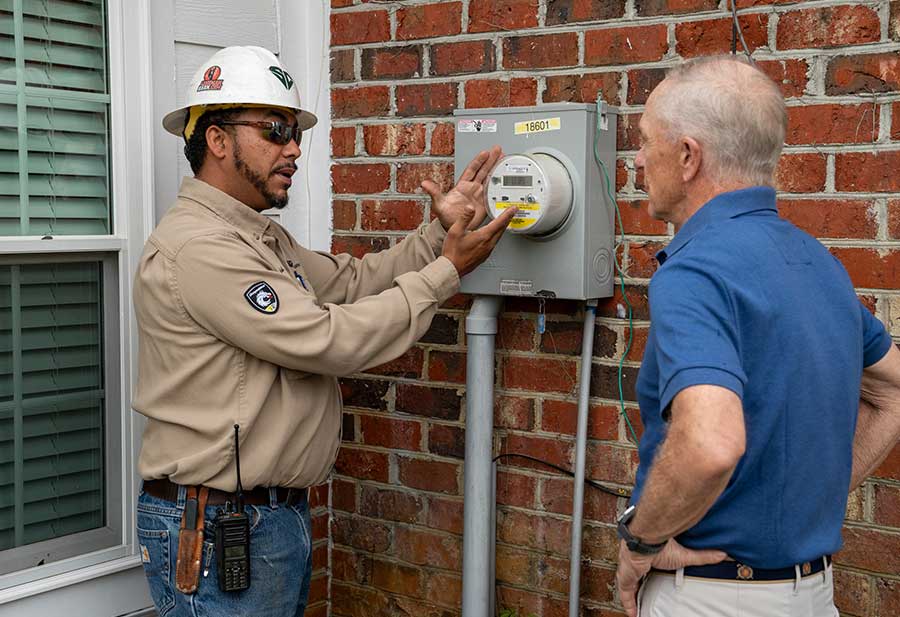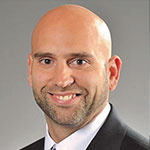Stay Safe: Observing Electrical Safety Month

May is National Electrical Safety Month, a time to raise awareness about the importance of electrical safety in homes, businesses and communities. Electricity powers our everyday lives, but when not handled properly, it can pose serious risks. This month serves as a reminder to take proactive steps to ensure electrical safety and prevent potential hazards.
Electrical hazards can lead to fires, shocks and even fatalities if precautions are not taken. According to the Electrical Safety Foundation International (ESFI), electrical failures and malfunctions account for thousands of home fires each year, resulting in injuries and property damage. Awareness and proper safety measures can significantly reduce these risks.
Essential Electrical Safety Tips
- Inspect Electrical Cords and Outlets: Check for frayed wires, before plugging in cords, and damaged plugs. Replace them immediately.
- Avoid Overloading Circuits: Plugging too many devices into one outlet can cause overheating and potential fires.
- Use Ground Fault Circuit Interrupters (GFCIs): These devices help prevent shocks, especially in areas exposed to moisture, like kitchens and bathrooms.
- Keep Electrical Devices Away from Water: To prevent electric shock, never use electronics near water sources.
- Hire a Professional for Electrical Work: Always rely on a licensed electrician for wiring or major electrical repairs.
Workplace Electrical Safety
For businesses and workplaces, electrical safety is just as crucial. Employers should ensure that workers are trained on safety procedures, equipment is regularly inspected, and safety standards are followed. Providing employees with the proper personal protective equipment (PPE) and maintaining clear emergency response plans can prevent electrical-related accidents.
While May highlights electrical safety, these precautions should be observed throughout the year. By staying informed and implementing safe practices, we can reduce electrical hazards and protect our homes and communities.
